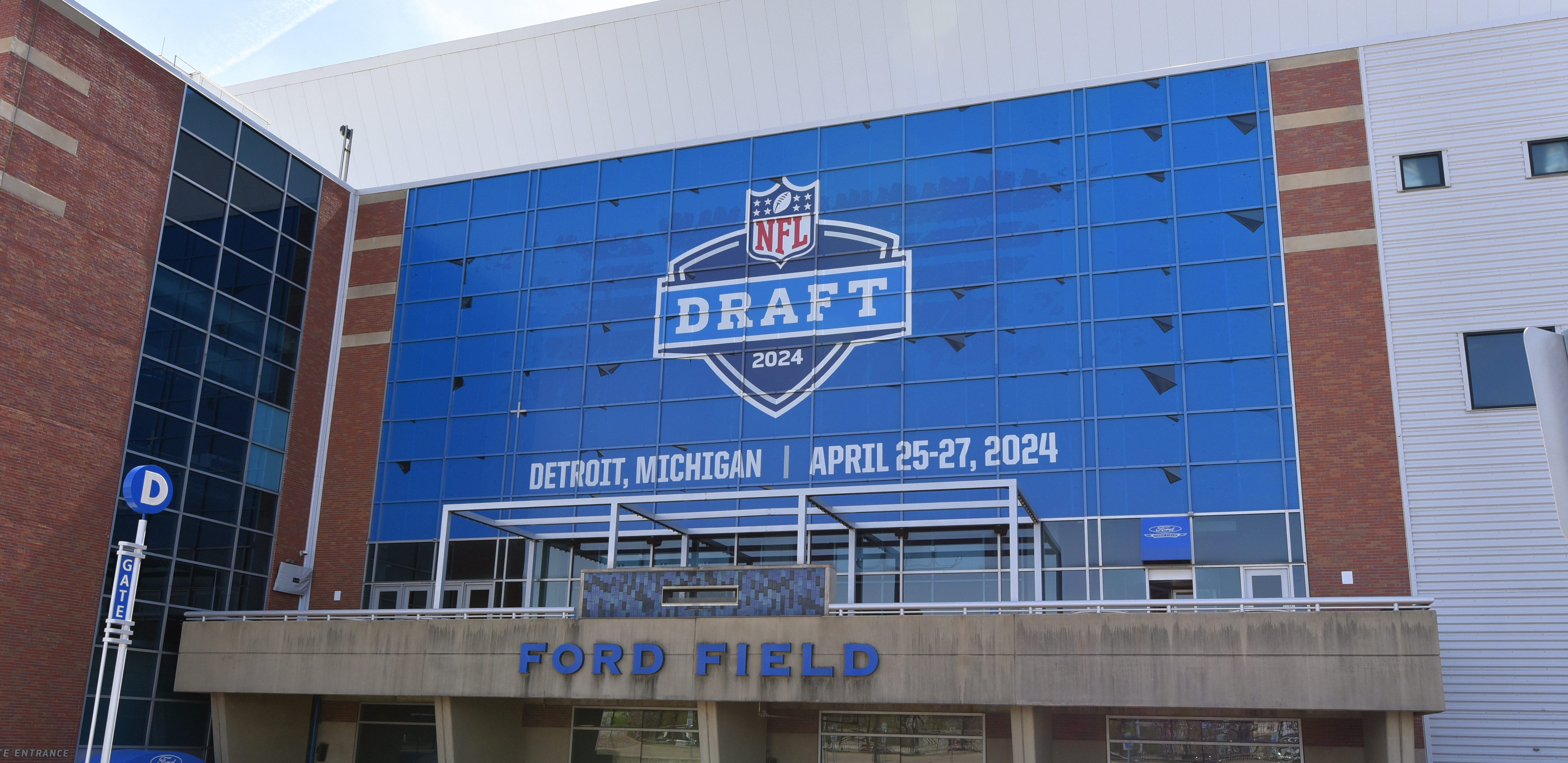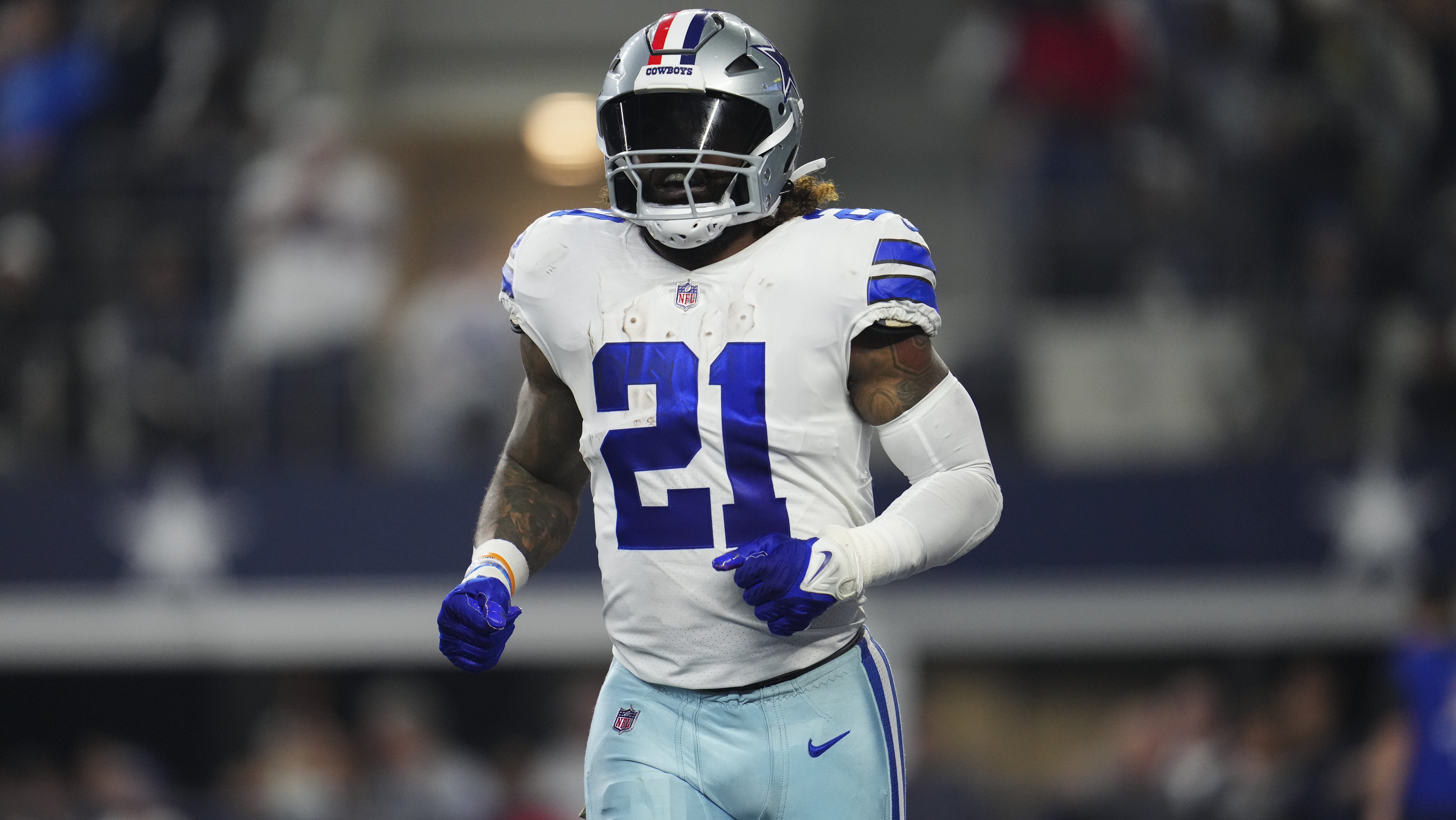Before Khalil Mack was Khalil Mack in Chicago, then-defensive coordinator Vic Fangio sought to dismiss an expectation that the newly-acquired edge rusher could be a transformational presence on the Bears’ defense.
“Any time you get a player of his ability it can do nothing but help make you better, helps make the players around him better,” Fangio said a few days after the Mack trade last September. “But he’s been the same player in Oakland throughout his career, very well decorated and a lot of honors that he deserved, and Oakland was never better than mid-20s in defense.
“So one guy doesn’t make a whole unit, as pretty evident by that.”
Stay in the game with the latest updates on your beloved Chicago sports teams! Sign up here for our All Access Daily newsletter.
The Raiders allowed the most points per game of any team in 2014, Mack’s rookie year (28.3). Their other scoring defense ranks from 2015-2017: 22nd (24.9 points/game), 20th (24.1) and 20th (23.3).
Amazingly, in 2016 — the year the Raiders made the playoffs — they finished dead last in the NFL in only generating a sack on 4.6 percent of opposing passing plays. That was with Mack notching 11 sacks.
By DVOA, the Raiders finished 26th, 15th, 22nd and 29th in Mack’s four years in Oakland. All this while Mack totaled 40 1/2 sacks — 36 1/2 of which, along with two All-Pro nods, came from 2015-2017.
This is all to come to this point: Maybe the Raiders weren’t wrong about trading Mack.
NFL
Scratch that: They weren’t.
Mack, in all his greatness, could not solve the underlying issue with Oakland’s defense: There wasn’t enough talent. Fangio was spot-on with his commentary: There isn’t a defensive player — Mack included — who can make sub-optimal talent around him better. Defenses largely operate as collectives; one great player cannot make 10 other guys great like a great quarterback can.
So if you’re the Raiders, do you sign that guy to the largest contract ever for a defensive player — which he deserved — or trade him for two first round picks with the hope of accumulating top-end, inexpensive talent to build out a roster?
You trade Mack every time.
This goes for other positions, too. Washington will likely regret not trading holdout left tackle Trent Williams for a couple first-round picks, especially as the Miami Dolphins fleeced the general manager-bereft Houston Texans for a pair of first round picks for good-not-great left tackle Laremy Tunsil. In today’s NFL, smart teams without an immediate path to contention take the picks and build through the draft. Mack was sort of the tip of the iceberg with these massive picks-for-players trades that've become a little more commonplace lately.
The Bears did have a path to winning when they traded for Mack. He became a transcendent player in Chicago not only because of his outlandish ability to pressure opposing quarterbacks, but because he elevated the play of the already good-to-great players around him.
Akiem Hicks was playing at a Pro Bowl level before Mack arrived. Eddie Jackson had two touchdowns in one game as a rookie. Kyle Fuller had an impressive bounce-back 2017 after missing the entire 2016 season and looking like a first-round bust. Eddie Goldman proved to be a master of unnoticed dirty work. Danny Trevathan got healthy and started to play like the guy he was in Denver again.
So there was a baseline of talent already in place when Mack landed in Chicago on Labor Day weekend. His presence on the field made everyone around him better, but everyone around him was already good at football. Even Prince Amukamara, who hadn’t had an interception in three years, had three interceptions in 2018.
“Khalil literally has the LeBron effect,” Amukamara said. “Like, everyone gets better around him when he goes on a team. You saw last year, everyone had their personal best — I did, Kyle did, Akiem did, Eddie did, everybody gets better from that one person on the field and we’re very thankful on that.”
Perhaps unintentionally, Amkumakara made the point of why the Raiders should’ve traded Mack: LeBron James couldn’t take a bad Los Angeles Lakers roster to the NBA playoffs last year, after all.
Arguing that the Raiders were right to trade Mack, though, is a completely different than arguing they’ve gone about the Mack trade the right way. Oakland traded Mack to the Bears in part because, collectively, they thought sending him to Chicago would net them high draft picks the next two years. The Bears had a good offer; ask San Francisco 49ers general manager John Lynch and he’d tell you it wasn’t the best offer. The Raiders probably should’ve traded Mack to the 49ers — who had the second overall pick in 2019’s NFL Draft, and one that still likely would’ve been a top-10 pick even with Mack.
Why care about optics of trading your best player across a narrow body of water when you’re moving to Las Vegas in 2020 anyways?
But the Raiders traded Mack to the Bears, which netted them in 2019 the 24th overall pick. They then used that pick on a running back — an analytical no-no — and while Oakland is happy with Josh Jacobs, this is a fair question:
https://twitter.com/dieter/status/1179442010073092096
Derek Carr thinks it was a win-win for both teams. Unless Josh Jacobs turns out to be the next Ezekiel Elliott, it’s probably not, if you’re judging the trade based on who the Raiders drafted with their first Bears pick.
Trading Mack as part of a total teardown and rebuild would've made sense. But Oakland's attempt to win in 2019, with the ill-fated trade for Antonio Brown and high-priced free agent signings like tackle Trent Brown, wide receiver Tyrell Williams and safety LaMarcus Joyner, doesn't look like the right decision a year after trading Mack (and wide receiver Amari Cooper). Instead of trying to carve out that path to winning through the draft and shrewd free agent signings, the Raiders blew it up and might be stuck in football purgatory as they leave for Las Vegas.
But still, as Mack prepares to face his former team on Sunday at Tottenham Hotspur Stadium in north London, remember: The “Jon Gruden traded Khalil Mack” joke actually isn't much of a joke. It was the right move for the Raiders, even if Gruden's justification for trading Mack might've been more emotional than reasonable.
“On their end, they got draft picks, they got young guys that are just getting started,” Bears coach Matt Nagy said. “You really don't know, truly, where they're at. I know they feel very comfortable with who they've got. We just felt like for both sides it was a win-win.”
Now, everything else after Gruden decided to trade Mack? Specifically, to the Bears and then with what he did in the NFL Draft?
Feel free, Bears fans, to laugh at that.


